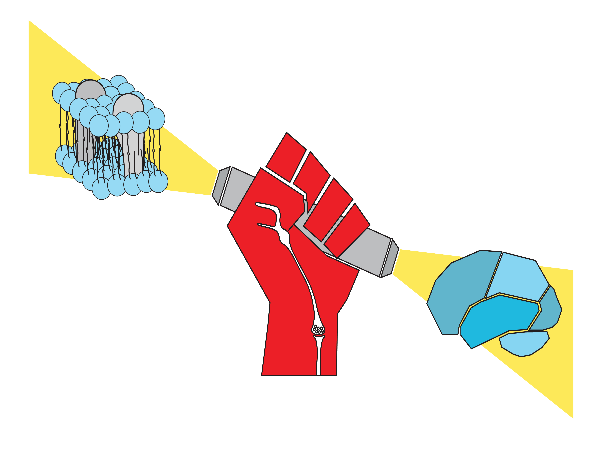| Society of
|
71st ANNUAL MEETING

The optical revolution in Physiology: from membrane to brain
September 6-10, 2017, Marine Biological Laboratory, Woods Hole, Massachusetts, USA
Richard Kramer (UC Berkeley) and Edwin Levitan (University of Pittsburgh), Organizers
Eric Betzig, Nobel Laureate (HHMI | Janelia) Friends of Physiology Keynote Lecture Symposium Speakers
|
|
|
Atsushi Miyawaki (RIKEN Brain Science Institute)
Roger Y. Tsien Memorial Lecture sponsored by The Journal of General Physiology
|
Society of General Physiologists | 585 West 214th Street, Suite 2B, New York, NY 10034 | Tel: 646-595-1800 | Email: office@sgpweb.org |
